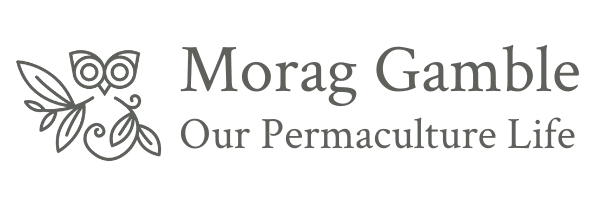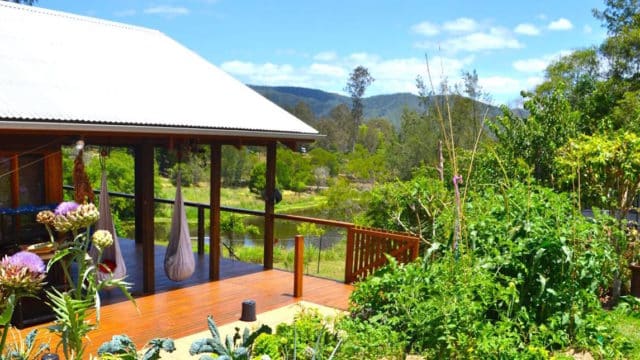I have spent most of my adult life living in ecovillages both here in Australia and around the world. It’s a simple, sustainable, productive and rewarding way of life.
I absolutely love it! I have taught ecovillage design courses too in Australia, Europe and Asia.
Let’s not forget too that everything is totally dependent on planetary well-being which is being undermined. Earth overshoot day fell on August 2 this year. Everything we do from August 2 until the end of the year is borrowed from the future and from nature’s capacity to restore itself.
 |
| Getting together at the village green and sourdough bakery cafe each week for a chat and sometimes to swap produce too, while the kids play. |
- What is an ecovillage?
- Why do I choose to live in an ecovillage?
- What are some of the challenges?
- What are some of the various ways they occur around the world?
You can listen to the 15 minute interview here:
https://soundcloud.com/user-523529725/why-i-live-in-an-ecovillage (14:35 mins)
An ecovillage is essentially a way of living more in ecologically sound and sustainable ways, with more resilience and connectedness – to self, to others, to the bioregional ecology, to the planet. It is an intentional way of living more simply, to thrive, to connect, to reconnect with our inner purpose, to aspire to live well, live fully, live sustainably.
 |
| Living a low impact lifestyle surrounded by nature, food, fresh water, fresh air, wildlife and community. |
A key defining characteristic of an ecovillage is that people come together to consciously live more lightly on the earth. There is intent and purpose to be in conscious pursuit of living a more regenerative, resilient way of life.
We have more than half of the global population living in cities and there is much talk of how to create ecocities. Perhaps the answer lies in creating a series of ecovillages which are connected in the urban fabric.
- the traditional ecovillage – existing rural villages and communities that decide together to make changes that embrace the traditional sustainable ways of living and integrate positive new and appropriate technologies
- the urban ecovillage – communities and eco-neighbourhoods with a common vision to re-invent city life to become more sustainable, collaborative and participatory;
- the intentional ecovillage – an ecovillage created by people who come together with a shared vision of creating a new village or community.
- social
- cultural
- ecology
- economy
There are many websites about ecovillages. Here’s just a couple of resources:
- http://www.ecovillage.org
- http://www.ic.org
- http://www.resilience.org/stories/2017-08-21/deconstructing-transition/
- http://www.greenlifestylemag.com.au/features/3286/village-people
Thank you to my network of supporters!
If have enjoyed my blog and youtube channel, you may like to consider becoming my patron too. I think of it like a subscription to a magazine you like – but this one is online. From $1/month, you can be part of my the Our Permaculture Life supporter network. Click here to find out more: https://www.patreon.com/moraggamble.


